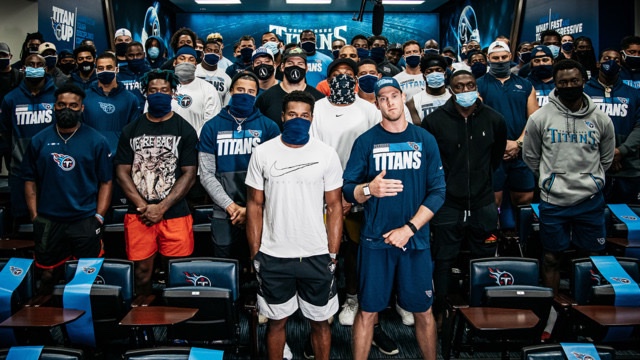
A few weeks back, the Tennessee Titans decided to skip practice as a protest against police brutality in response to the shooting of Jacob Blake. The Titans were not alone in this protest — along with other NFL teams skipping practice, the movement extended to the NBA, where several teams delayed playoff games, and beyond. But, the Titans made headlines due to the words of one player in particular — Ryan Tannehill.
As quarterback of the Titans, Ryan Tannehill served as a spokesperson for their collective fight against racial inequality. Alongside teammate Kelvin Byard, Tannehill stated, “These systematic oppressions have been going on for a long time. Hundreds of years, this country was founded upon racist ideas with slaves being brought here from the day of foundation. And those ideas have persisted throughout the last hundreds of years and it’s going to take time until we can get those all out. We’re tired of it.” He got choked up, but went on, “We’re tired of dealing with the systematic oppression. We’re tired of dealing with excessive force. We’re tired of seeing Black men and women die in situations where they should be walking home and spending the night with their family. It’s sickening … to just know that they have to worry about their kids coming home at night. I have two young kids that because the color of their skin I never have to worry about if they get pulled over by a police officer that they’re gonna make it out of that interaction alive and that’s a sick fact of the world that they’re living in.”
I have some thoughts:
1 – Skipping a practice day does what exactly? It doesn’t disrupt TV money. It doesn’t disrupt franchise money. This is ‘business as usual’ disguised as ‘revolution’. “Revolution, so hot right now” – NBA, MLB, MLS.
This is more about the participatory requirements to be considered mainstream – by individuals within an organization who shape their views in accordance with TV deals and the networks that distribute their narratives. They are soldiers, miners forging the novel channels to a mainstream audience that the NFL cannot afford to lose. The tides are changing, their audience is a moving target.
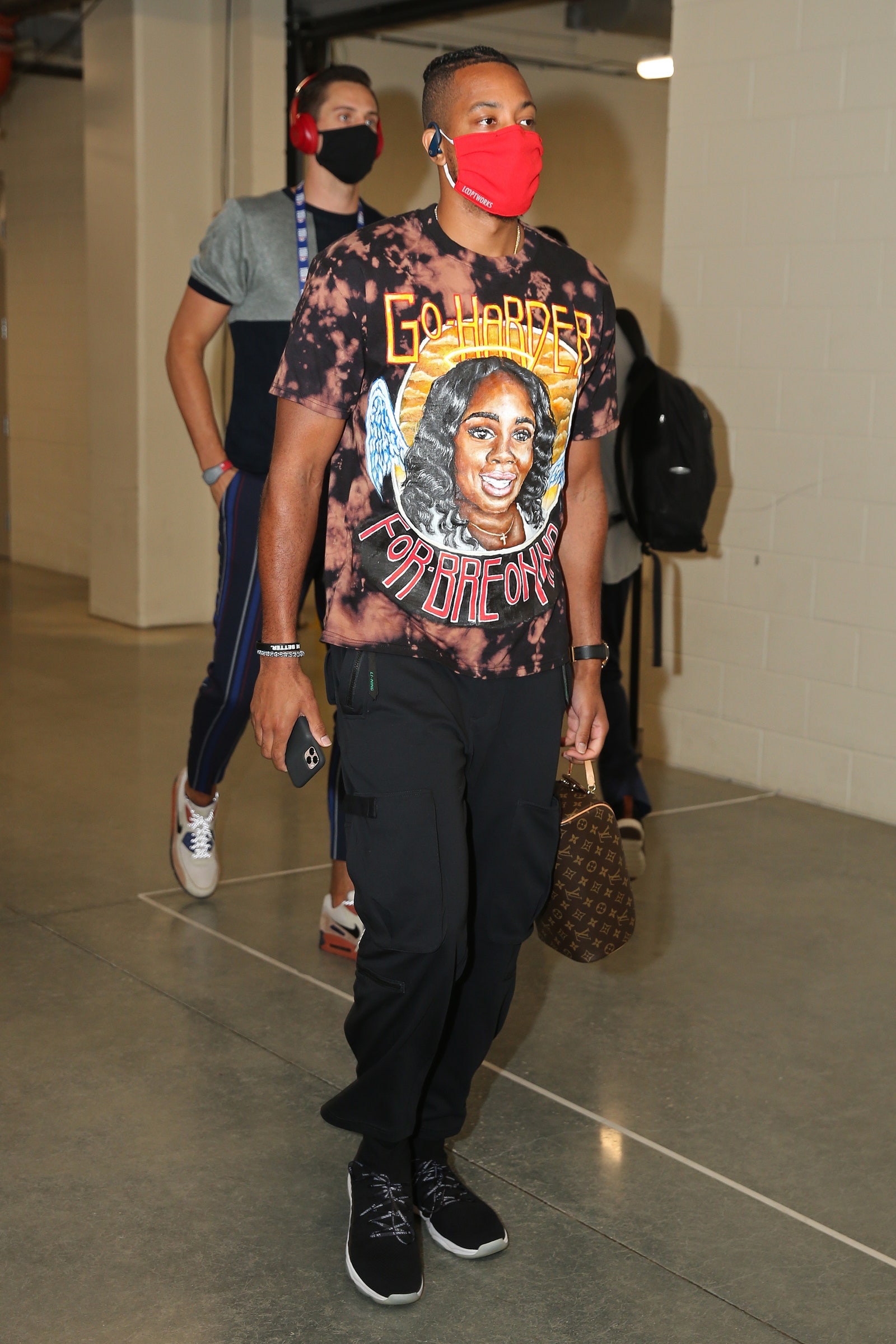
Mask – Looptworks
Headphones – Beats
Shirt – Breonna’s Murder
Phone – Apple
Vanity Bag – Louis Vuitton
Sneakers – Balenciaga

2. These are vacant words coerced by the need to retain IDENTITY: “If we’re not ‘speaking up’ when the NBA players did, who are we? Who am I? Am I black? Am I racist? Am I important?”….”TikTok – AMEX – Snapchat – NASCAR – Netflix – Gucci – Apple – Black Panther – Instagram – Yelp – MLB – Twitter – Louis Vuitton – Facebook – Microsoft – NBA – well….me too, right?”
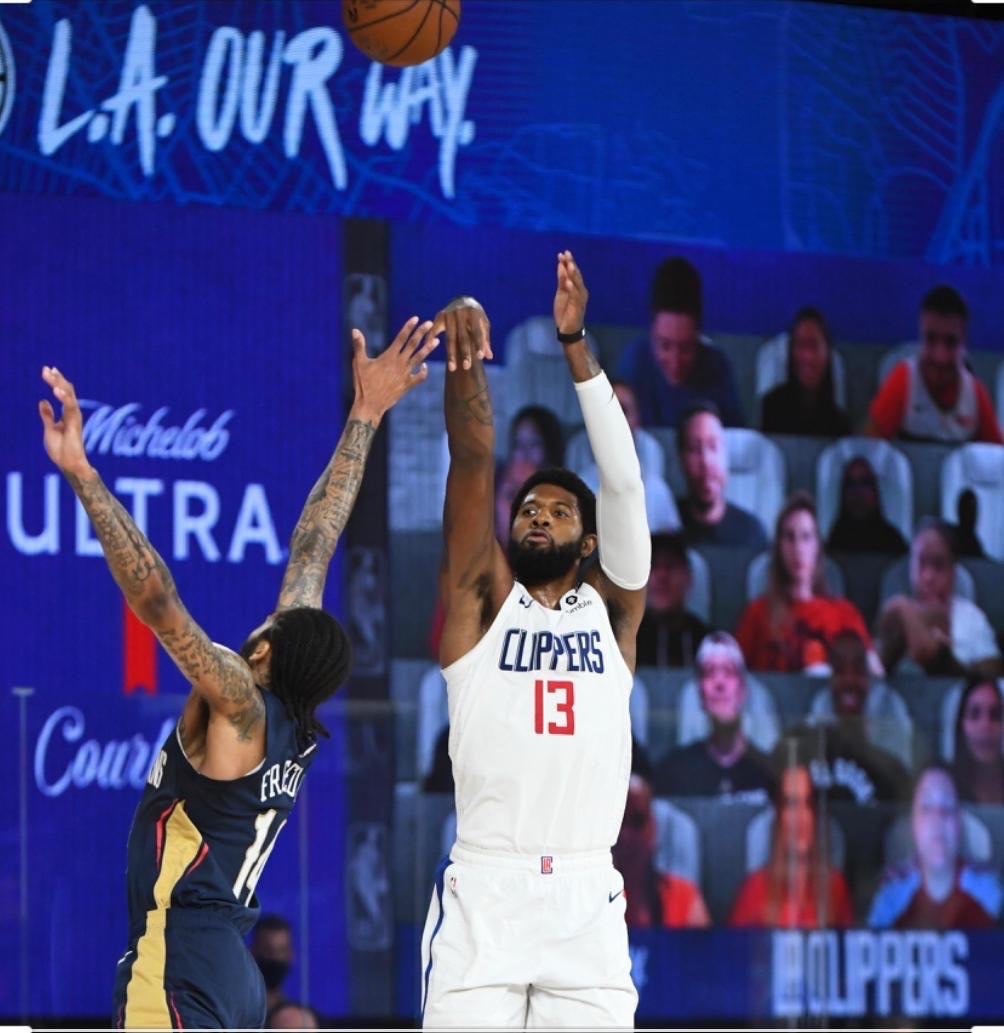
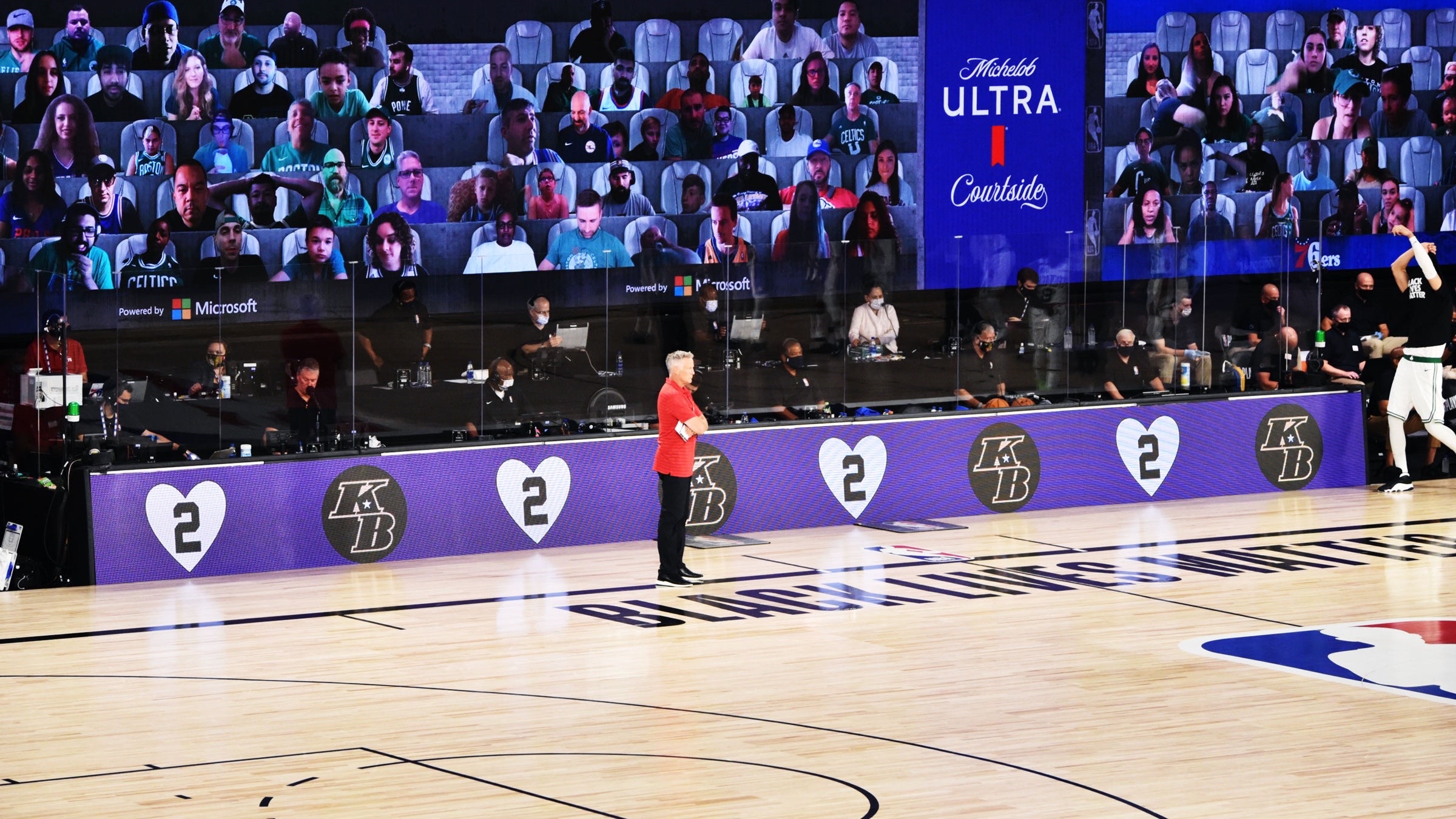
When your identity is tied to the assumption of celebrity and social import, the acts that follow create a mindless routine in the retention of that social position. If you’re not posting, are you even alive? Your celebrity and access are fortified by your relation to all other positions and corporations within the range of your hierarchical standing. NBA players sit atop of this hierarchy because they are most visible to their viewers and ideologically vacant to their corporate sponsors. They are the perfect vessels of the status-quo. There is no ideological face-mask that gets in the way.
There are more hurdles than a metal face-mask that NFL players must contend with en-route to celebrity; the physicality of the game, heroism, and Christ. All three of these things are present in NFL locker rooms and post-game interviews and actively restrict NFLers from becoming the ultimate status-quo celebrities. Philadelphia Eagles’ Carson Wentz tears his ACL against the Rams, plays four more downs and throws a touchdown. When he finally makes a statement, it’s first, “I have faith in the lord,” and then, “I have faith in Nick Foles. Next man up mentality.” This mentality is the antivirus protection from players absorbing contemporary moral trends – it’s what holds them back from being true celebrities. Tim Tebow is an old, dusty prototype.
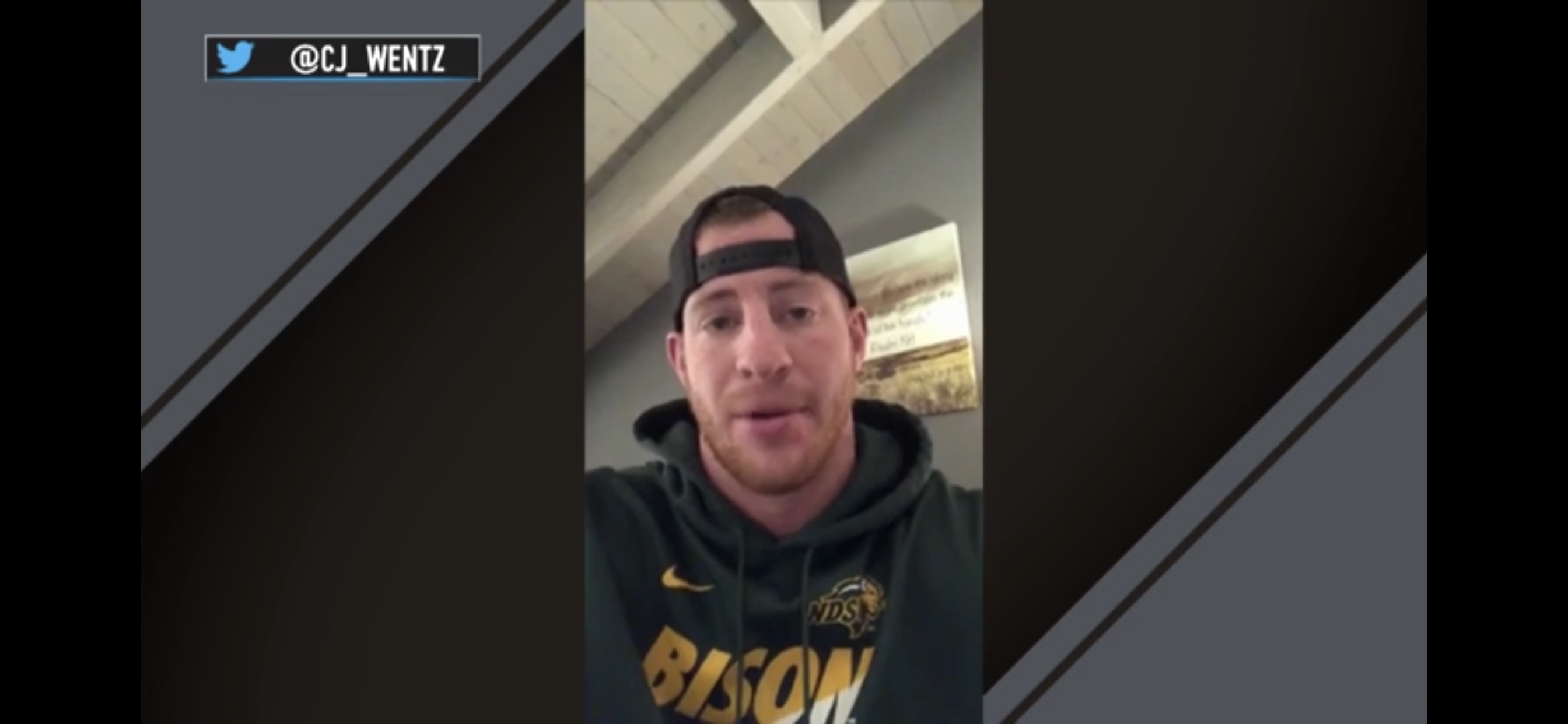
To build a nuanced perspective in the midst of a team scenario would be antithetical, counterintuitive, and damn near impossible while having to possess the cohesive values and morals to mesh into a locker room, team, franchise or given pop-culture industry. This is why athletes, celebrities, and actors are ignorant activists; they and everyone around them assume they should say something because they have a provided ‘platform’ and get it confused with possessing a developed ‘voice.’ Their ‘voice’ only reaches as far as their ‘platform’ provides – reaching outside of those constraints will produce conflict, ostracization, less money, and less celebrity.
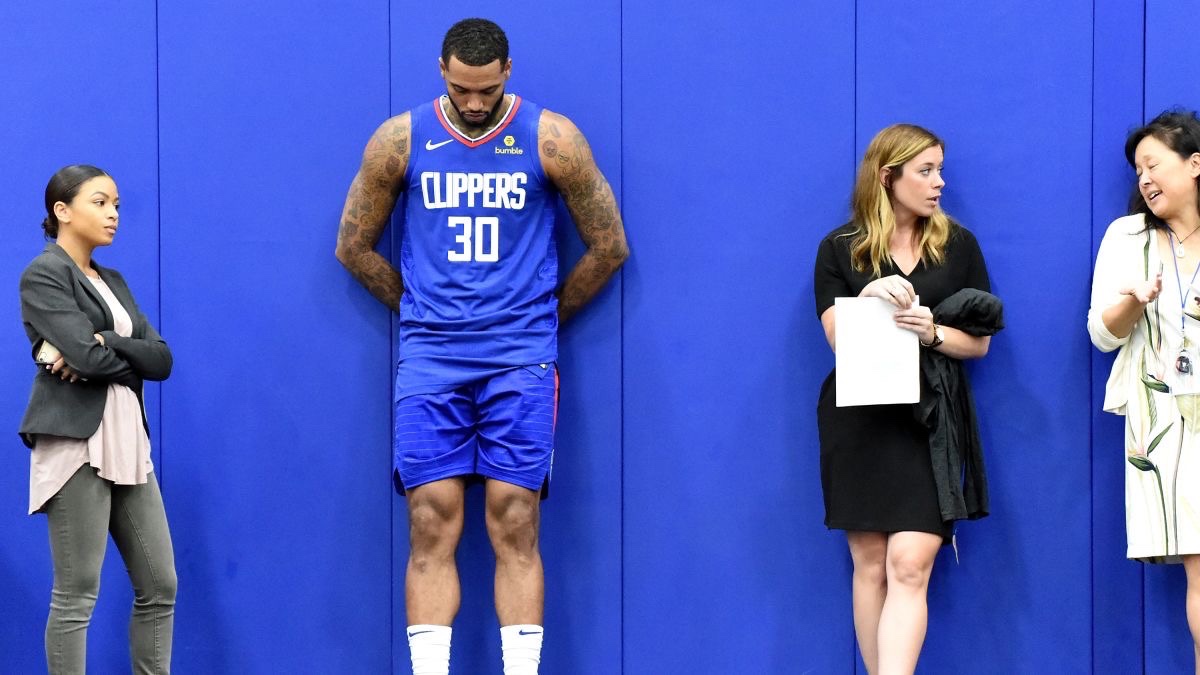
To be a celebrity is to be a canvas. 6’8” tall and 7’0” wingspan the NBA player is the ultimate canvas of corporations; the ideologically vacant become easy targets for corporations, sponsors, ‘movements’ to fill them up with content. NBA players: you’re right, you are in fact ‘more than an athlete.’ You’re a celebrity. You’re the leader of the unquestioning status quo – saying yes to life in a literal bubble; reducing yourself to a commercial product on display. You’re an advertisement. You are living, breathing propaganda. You’re an empty vessel filled with corporatized thoughts. A billboard. And in a country where associated celebrity is celebrated more than acts of heroism, NFL players fall underneath NBA players in the American Social Hierarchy of pop-culture rhetoric. NBA players set the pace for celebrity, and NFL players follow (if they wish to retain a celebrity identity), but football doesn’t have such room for identity politics. Compassion campaigns play second fiddle to internal fortitude and sacrifice.
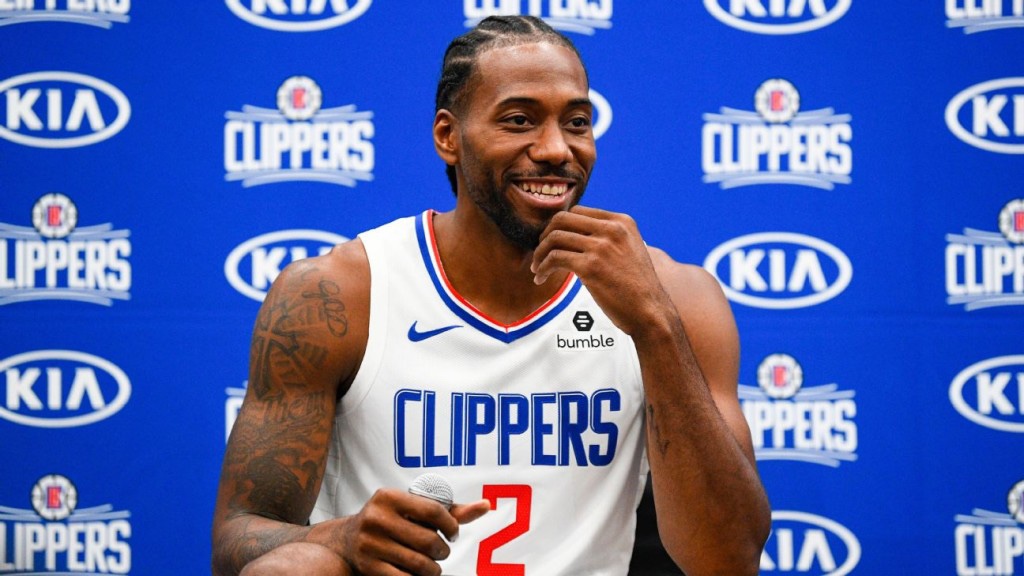

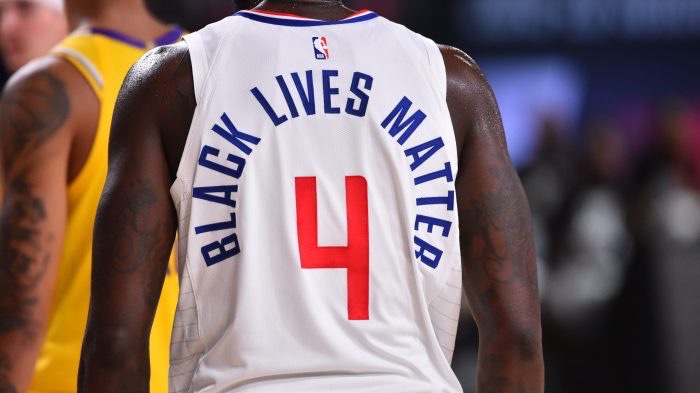
3. When the status quo is continually guised as ‘a resistance’ or ‘saying something unpopular’ – it produces a ‘cognitive dissonance’ (2020 phrase of the year) that developed through adherence to a novel, forced social framework. The emotional reaction produced by this coercion is therefore erroneously identified as the uncomfortability of rebellion, when it’s really just the adherence to a new, forced ideological framework that is popularly required to retain their social identity and status. Tannehill succumbed to this requirement. I’m not mad at Tannehill. I like him. He’s a really good dude. But good dudes get used – and here, he’s being used by the Titans’ PR staff to retain good standing with their target market’s shifting moral expectations. I think we all know, including Tannehill, that he doesn’t deserve 100million dollars. Guilt and acceptance make you do crazy things. He’s the perfect placeholder and spokesperson for white guys in charge (QB) everywhere: put the mask on and call America Racist.
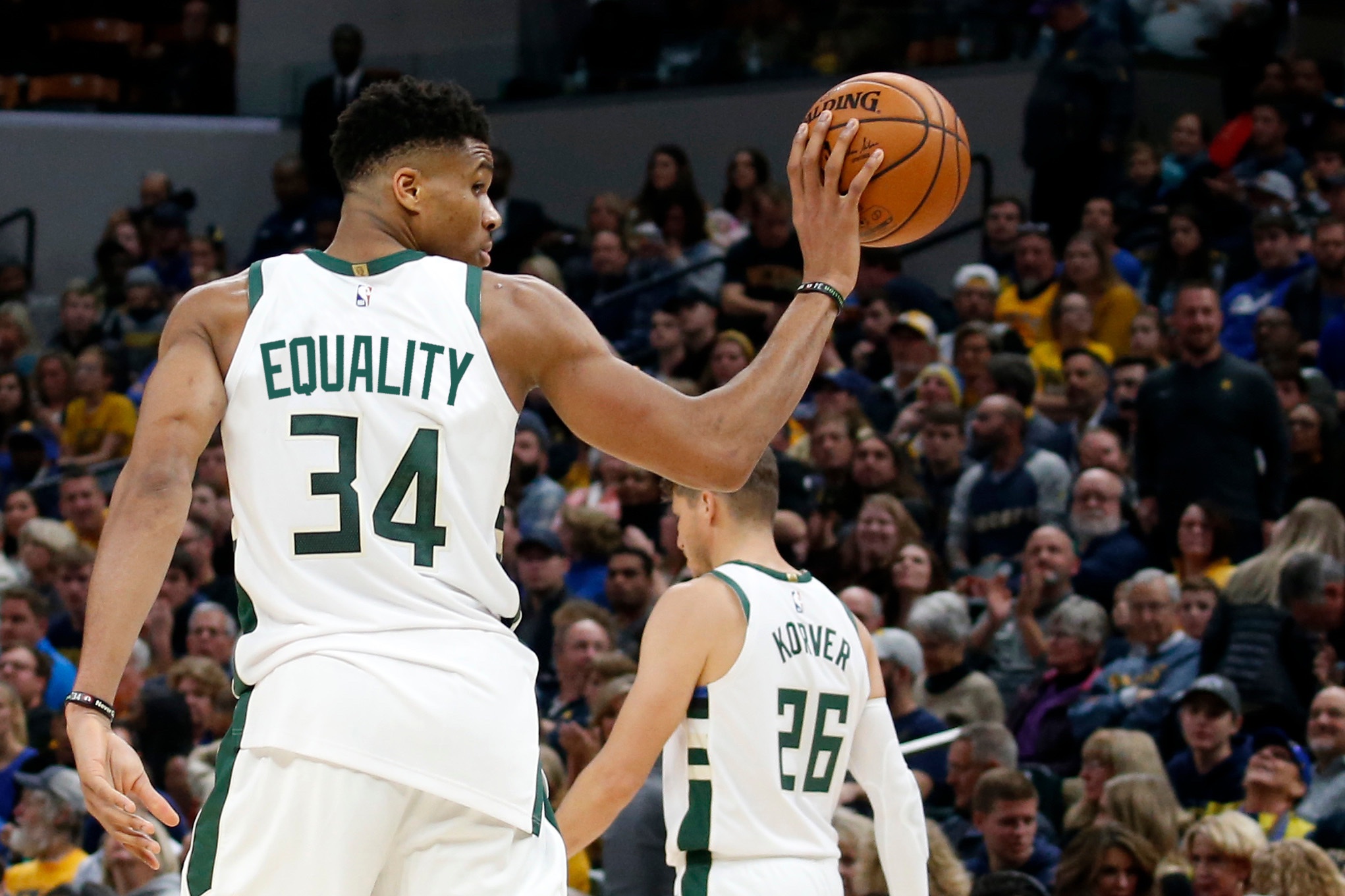
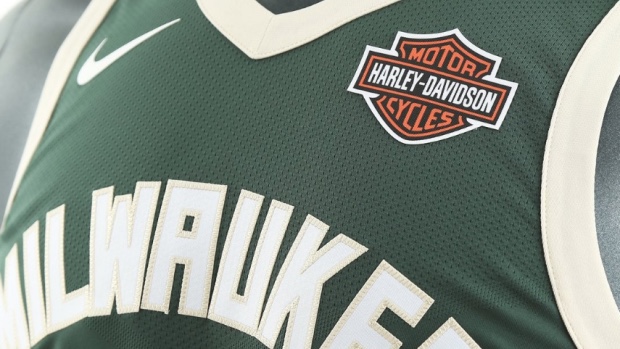
Abstracting from the behaviors that retain your high social status, willingly defecting from your sought after hierarchical position takes balls – fortitude – an exterior construct of identity. You have to be confident that you’ll retain something that the public will still like you for and women will still want to fuck you. I’m not saying it just because I like to think I did that – I’m saying it because I know how shitty I felt in the absence of having a large, substantial, internationally recognized position to integrate me into society, and then having to float on the little identity I had developed outside of it.
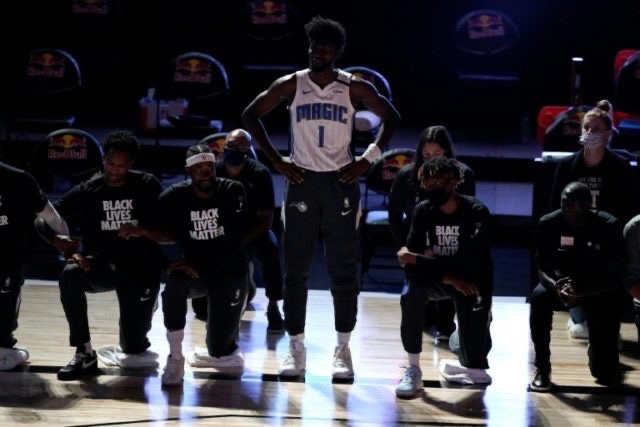
4. This ‘resistance’ has been subsidized. When you showcase a cause, supported by the corporations that ARE THE UPHOLDERS OF THE OPPRESSIVE SYSTEM YOU PAINSTAKINGLY ‘FIGHT AGAINST’, you make the resistance an advertisement. You’re literally WEARING THE SYSTEM.
Identity within a subsidized movement = brand ambassador; a commercial actor.
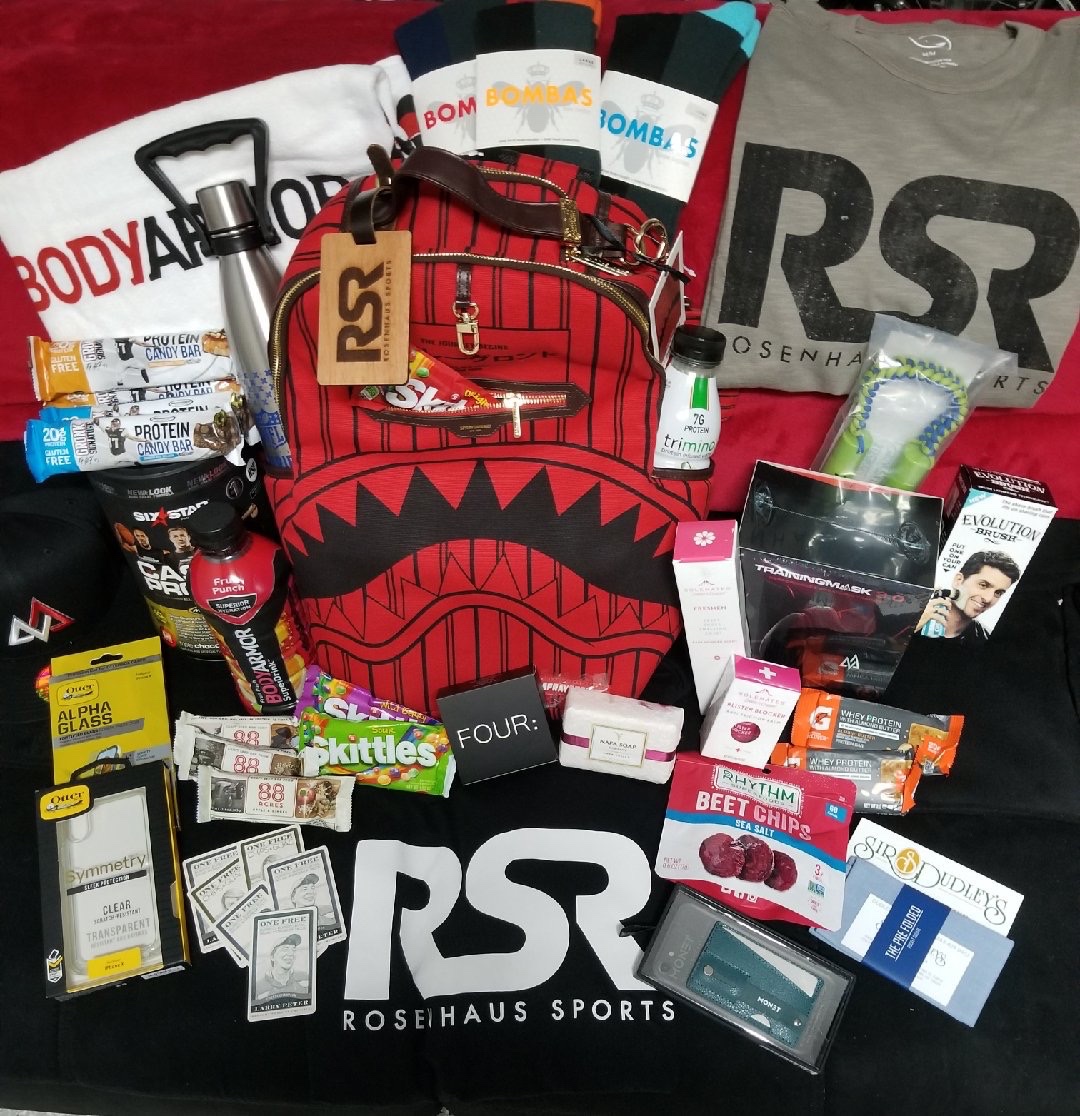
I’ve seen guys with 100k followers get ‘care packages’ or ‘advanced screening DVD/video games’ from their agents, asked to post it on all platforms, and receive no money for it (or at least WAY LESS than what the tweet was worth). What they receive and are blinded by is identity fortification; their publicized relationship to the acceptance of ‘free stuff’. A sponsored tweet, a sponsored ‘gram solidifies their status as ‘person important/blessed enough to receive free things that normal people don’t get’. This is the cyclical ‘reward of relation’; as a result, now other brands (and women seeking security through popular associations) will want to become related as well.

Ryan Tannehill is a brand ambassador. He’s a cardboard cutout – not that he’s much different than the rest of his black and white teammates. He only does what he calculates (if you can call it that) as largely acceptable; mainstream. His jaw – his Sperrys – his bleach blonde trophy wife – his fully inspected & locally sponsored FordF150 pickup truck make up the 100 million dollar leash that is anchored to a boat that he cannot rock even if he tried. But again, good dude.
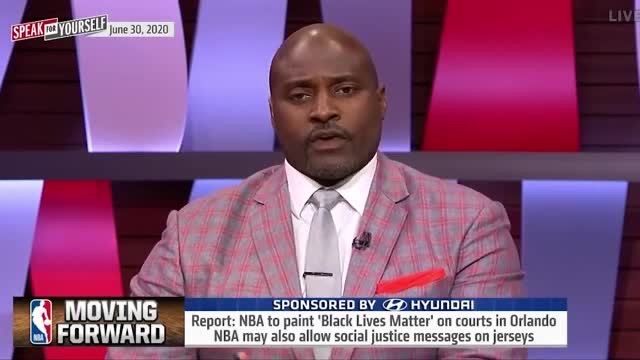
—-
(link embedded below: Morgan Freeman Solves Racism)
5. The assumption that someone doesn’t have to worry about themselves or their children being stopped by the police simply because they’re white is a racist premise (whether black or white person saying it). Never entering a forum or medium where culture, behavior & economic status comes into account relegates athletes and their ‘voice’ to a commercial of the status quo: RACE. By seeing society through a racial lens you’re restricting the spectrum of personalities, interests, behaviors of humans into a stereotype. By seeing the society through a racial lens you regenerate the power of stereotypes. Are all Blacks tormented by police? No. Are all Whites free from police brutality? No. So, for Ryan Tannehill to make such a simple statement and become emotional while doing it incites a new thought: Ryan doesn’t fully comprehend the pressured position he was put in; stand in front of all your black teammates and call America inextricably racist on a national platform.
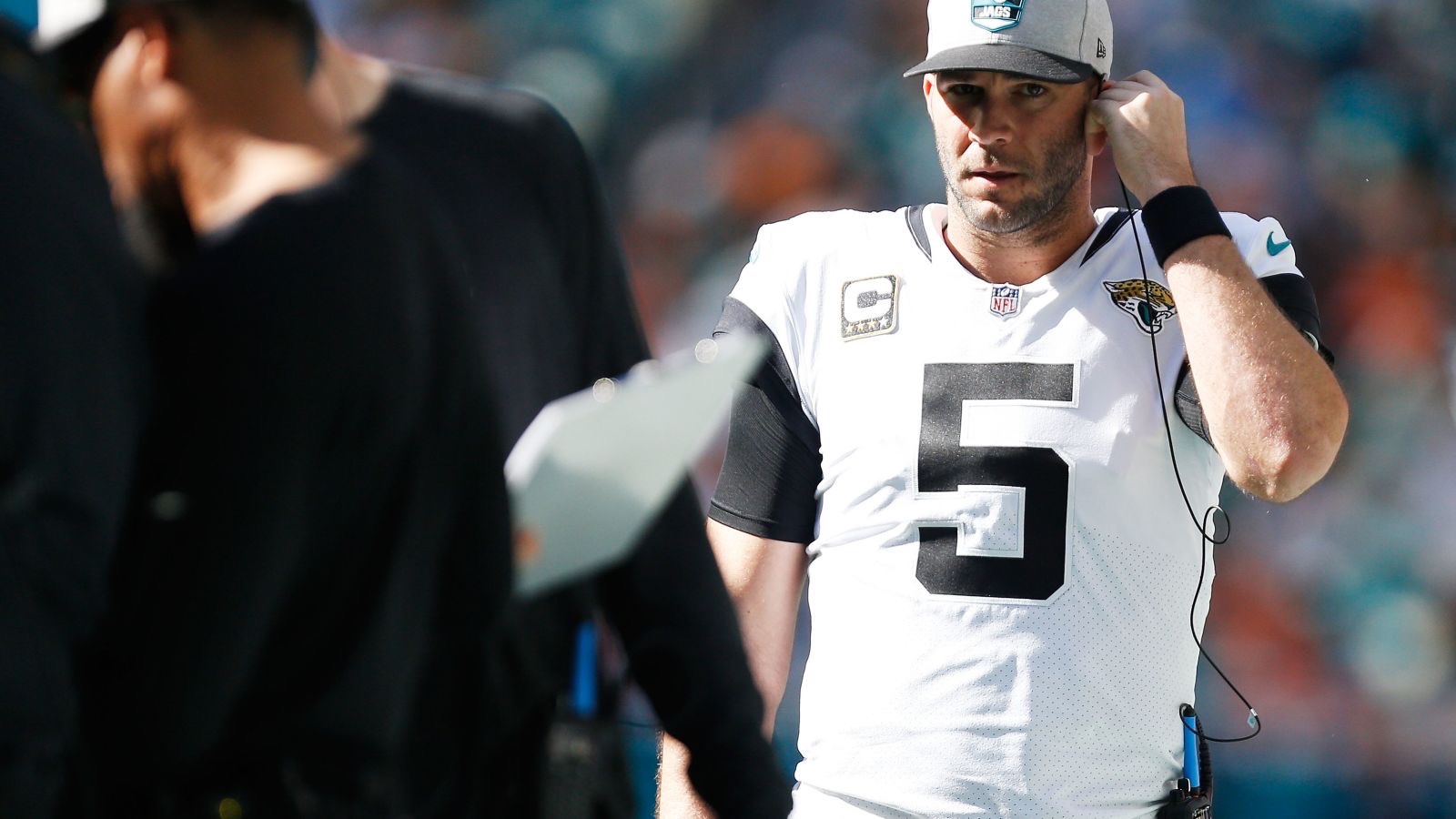
Kudos for Blake Bortles realizing that the only way to retain his personal identity is to be a second string QB; less participation. The less you’re showcased, the more your life is yours. And if you figure that out while you’re an active player, you won’t be playing for long.
—————
Participation as Identification